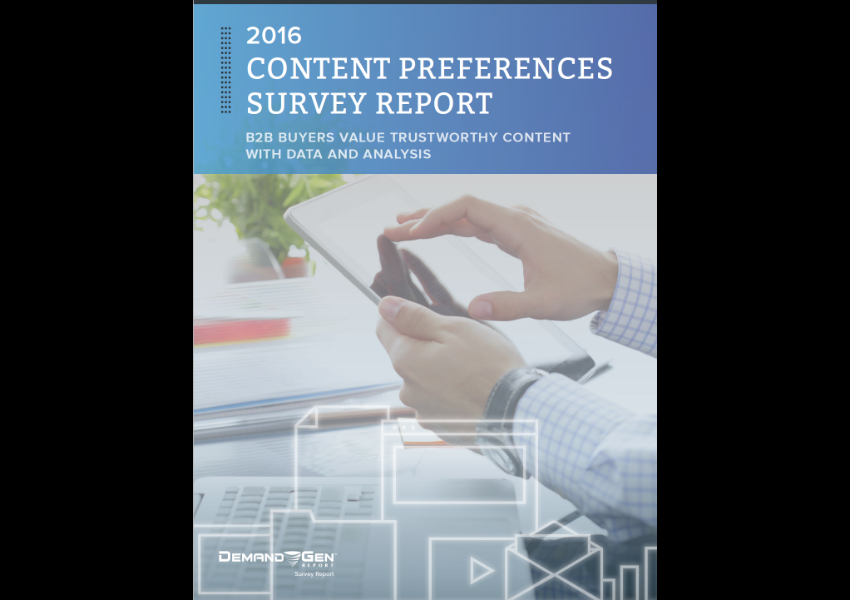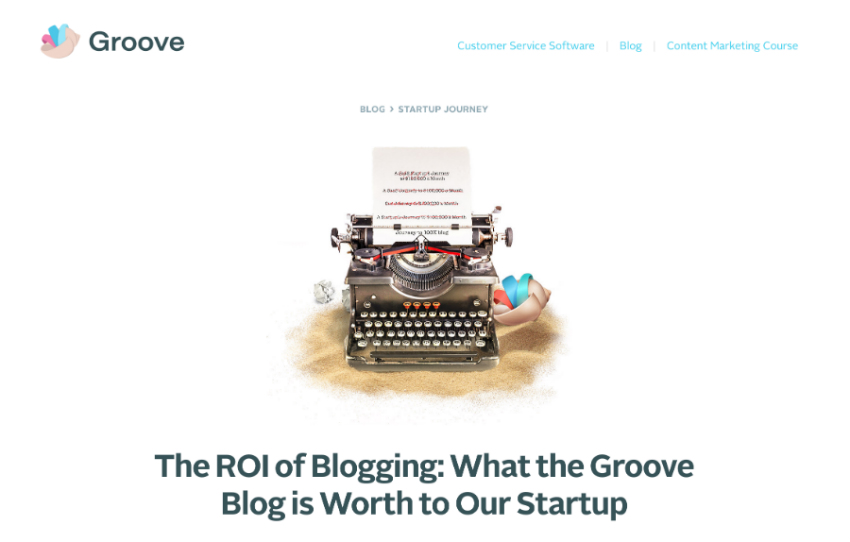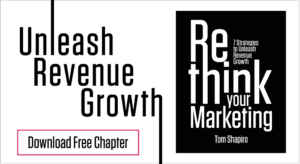Why Blogging Matters More Than Ever

Blogging matters. It might not be as sexy as Instagram or virtual reality, but when you want marketing that gets results, look to blogging.
Based on the sheer volume of posts, the value that marketers see in blogging is highly apparent. According to Torque, more than 2.13 million new WordPress blog posts are published every day. That’s 24 posts every second.
It’s not just WordPress, either. Statista reports that Tumblr blogs increased from 260.5 million in October 2015 to 319.8 million one year later. In January 2017, that number jumped yet again to 332.8 million.
Sexy or not, it’s a veritable fire hose of blog content.
Blogging Delivers Big-Time
It’s one thing to see blog growth, but what matters the most is the impact that blogging has on your marketing results. And blogs do not disappoint in that area either.
In the B2B Content Marketing: 2017 Benchmarks, Budgets, and Trends – North America report by Content Marketing Institute and MarketingProfs, blogs were named the #1 most important tactic for B2B content marketing success in 2017. In fact, they were considered by marketers to be of even greater value than email newsletters, social media, white papers, webinars, and more.
In Demand Gen Report’s 2016 Content Preferences Survey, 66 percent of those surveyed used blogs to make B2B purchase decisions.
Among its wealth of blogging statistics, HubSpot states that business websites with a blog have 434 percent more pages indexed in the major search engines than those without a blog. Hubspot also reports that B2B marketers using blogs generate 67 percent more leads than those that do not blog, and that marketers who have prioritized blogging are 13X more likely to achieve a positive ROI.
At Content Marketing World in the past, Julie Fleischer, former Sr. Director of Data, Content, and Media at Kraft Foods, said that content marketing ROI at Kraft was 4X greater than Kraft’s most targeted advertising. With strong business performance, Fleischer’s content marketing insights helped to reshape Kraft’s marketing strategy overall.
With the right SEO strategy, blogging delivers superlative organic search results. Here at Stratabeat, more than 90 percent of our organic search traffic enters our site through our blog. In this way, the blog enables us to connect with many new prospects on a consistent basis. One benefit of blogging is that posts from a year ago or even two or three can still rank high and drive click-throughs. It’s a marketing gift that just keeps on giving.
The benefits of blogging are multifaceted. Blogging is an effective way to get in front of your target audience, and it’s also a valuable vehicle for enhancing your organic search rankings, driving traffic, differentiating your brand, deepening engagement, establishing thought leadership, spurring social shares, giving your brand a personality, and of course increasing leads.
The ROI of Long-form Posts
Although the value of blogging is readily evident with the many examples given above, not all blog posts are created equal. The type of posts that are performing best for marketers is long-form.
Based on SEMRush data, the average first-page Google result contains 1,890 words. And these long-form posts lead to conversions. Curata has found that long-form posts deliver 9X more leads than short-form posts. Where else are you going to achieve a jump in ROI like that?
Groove Software is a good example of long-form blog content that powers revenue. Groove found that subscribers to its blog were twice as likely to become a paying customer than non-subscribers. Those who opted in to a software trial were 50 percent more likely to convert if they were subscribed to the blog. The company calculated that a subscriber was 3.6X more valuable to the business than a non-subscriber.
An Organic Approach to Business-Building
Any brand can buy impressions. Any brand can buy eyeballs. Any brand can buy traffic. Blogging enables you to bypass these more expensive forms of awareness building and acquisition.
By managing a blog that delivers great value for your target audience, you give your business the opportunity to improve your site results and to drive greater ROI for your business overall.




